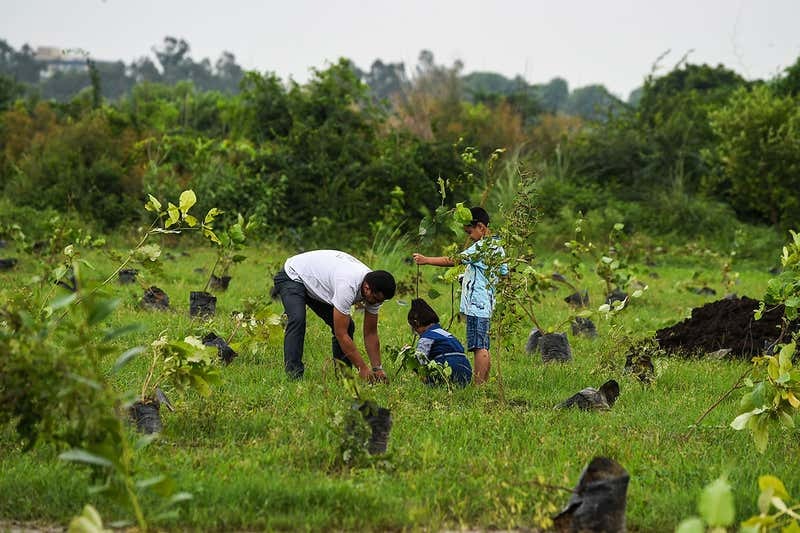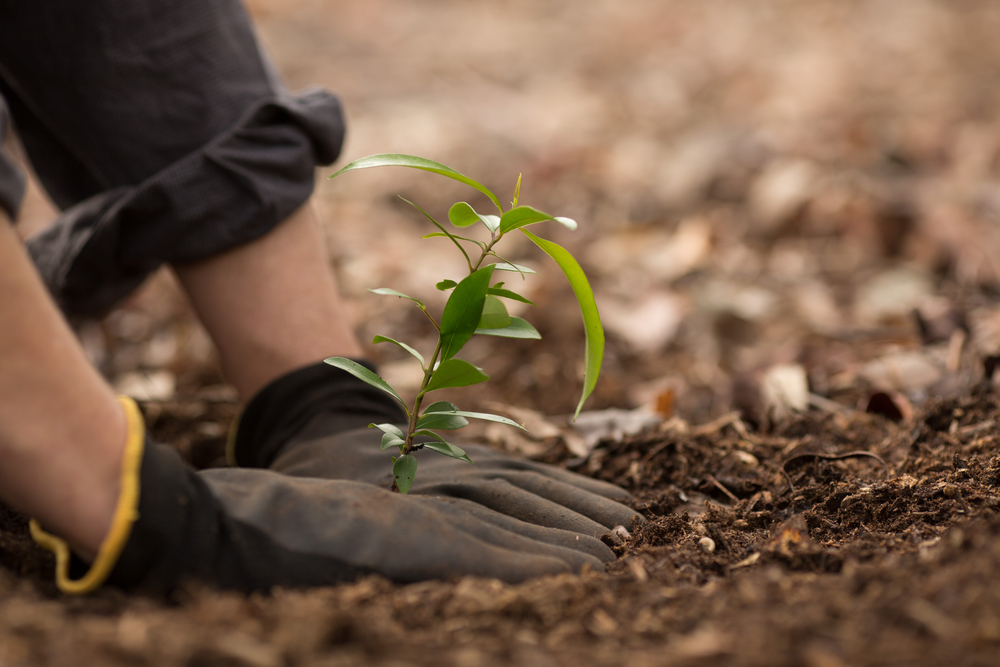
In 2019, ecologist Thomas Crowther ignited a global fervor for tree planting, advocating for the ambitious goal of planting a trillion trees to counteract carbon emissions. However, Crowther, once the chief scientific adviser for the United Nations’ Trillion Trees Campaign, has now made a U-turn, urging environmental leaders to pump the brakes on mass tree planting.
Addressing the UN Climate Change Conference in Dubai, Crowther underscored the unforeseen drawbacks of the tree-planting craze. Contrary to the initial enthusiasm, he highlighted issues such as stifling biodiversity and the limited effectiveness of trees as carbon capturers. Most alarmingly, he warned that the zeal for tree planting could be used as an excuse to evade necessary emissions cuts.

Reflecting on the past, Crowther expressed, “If no one had ever said, ‘Plant a trillion trees,’ I think we’d have been in a lot better space.” Despite his change of heart, he acknowledged the positive aspect of drawing attention to nature, allowing responsible scientists to correct and refine the narrative.
In 2019, Crowther’s groundbreaking study, proposing that the Earth could accommodate an additional 1.2 trillion trees, fueled the narrative of “global tree restoration” as a potent climate change solution. However, skepticism arose as some scientists criticized the study for overestimating the carbon-absorbing capacity of trees and the viable forested land.

Despite the initial optimism and widespread tree-planting initiatives, carbon emissions continued to rise. Crowther’s recent work adopts a more measured tone, targeting “greenwashing”—the deceptive practice where companies and countries flaunt eco-friendly efforts to mask environmentally harmful practices.
Presenting at the climate summit, Crowther emphasized the need to debunk greenwashing without halting investments in nature. He advocated for responsible practices, including wealth distribution to Indigenous populations, farmers, and communities living amidst biodiversity.

Crowther’s current stance emphasizes the preservation of existing forests over extensive tree planting. According to his latest research published in the journal Nature, allowing natural expansion and maturation of existing woodlands could offset approximately 50 percent more carbon in the long run.
The debate surrounding the role of carbon offsetting in the fight against climate change remains contentious. Crowther’s evolving perspective underscores the importance of scrutinizing eco-friendly initiatives and directing efforts toward preserving and nurturing existing ecosystems. While the allure of planting trees as a solution persists, a nuanced approach that considers the complexities of ecological balance and sustainability is now at the forefront of environmental discourse.

Leave a Reply